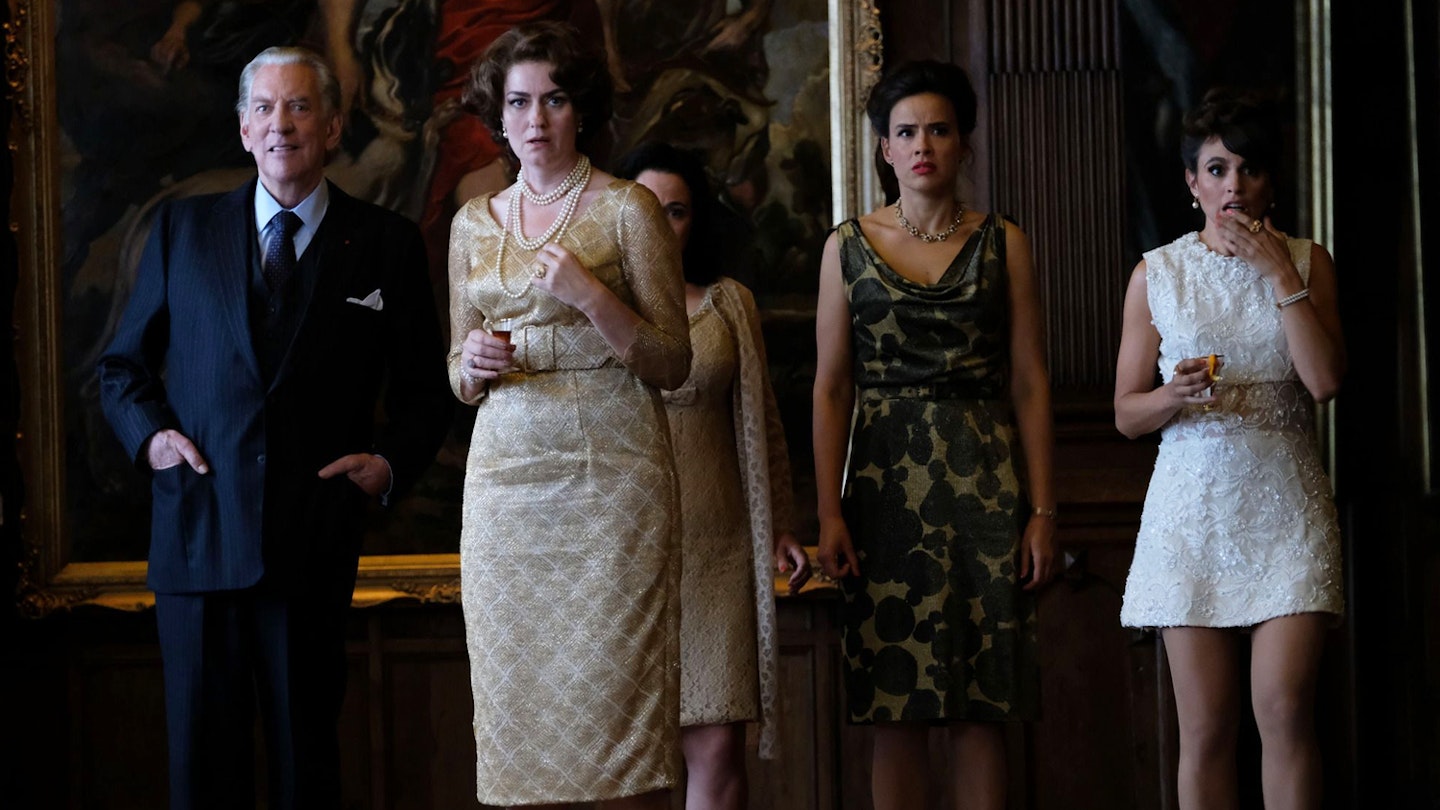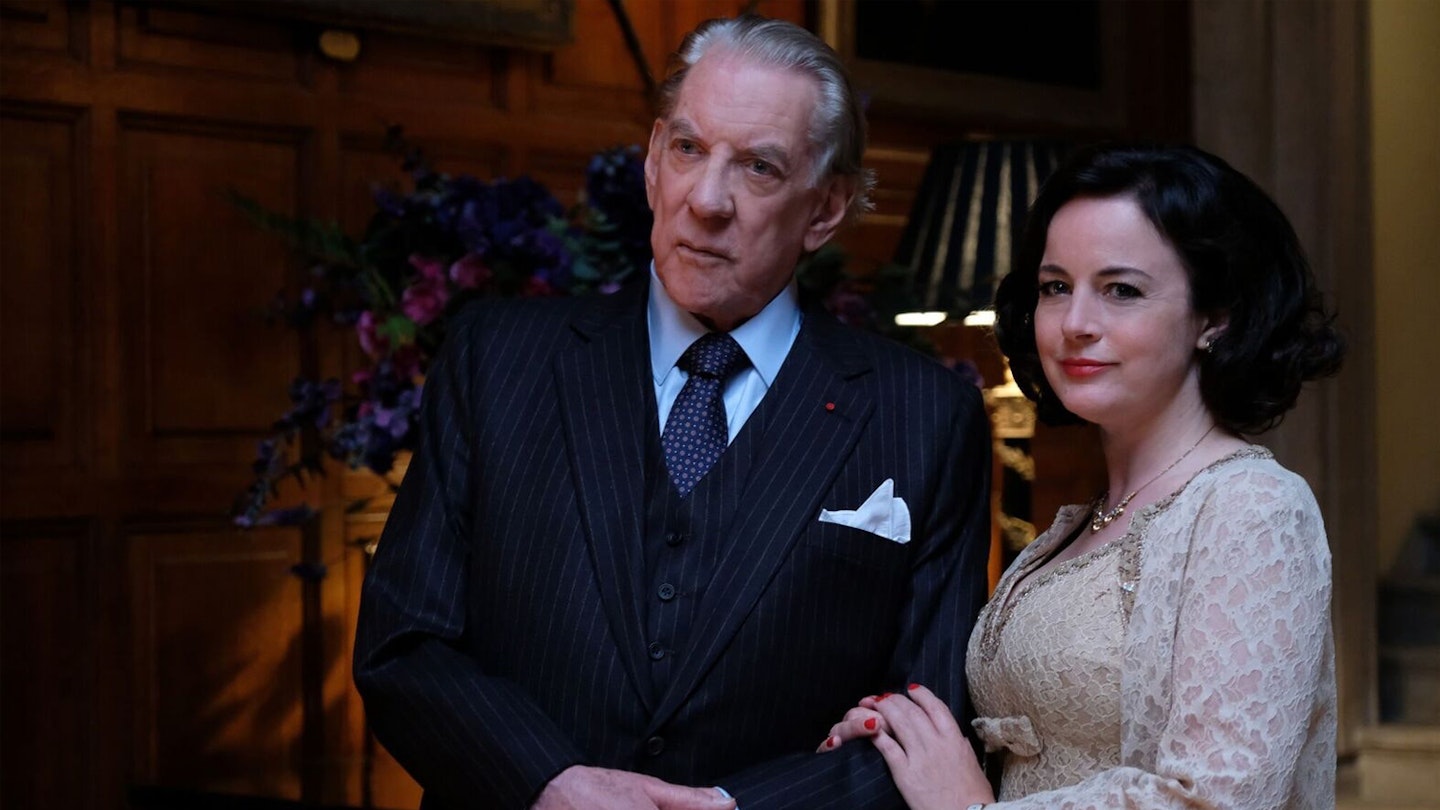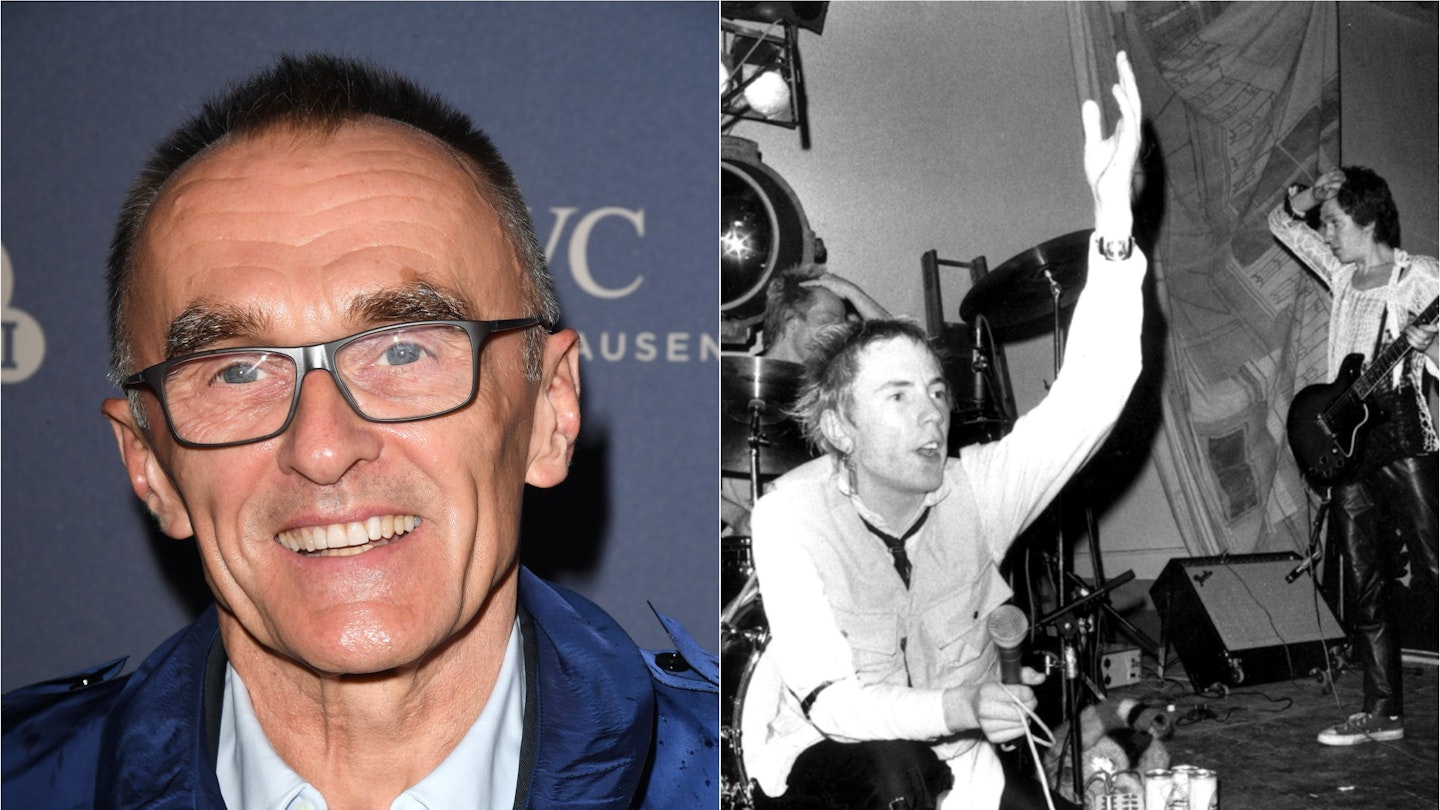Episodes viewed: 1-10
There’s an unfortunate air of late arrival to this one. Inspired by the same true-life events as Ridley Scott’s All The Money In The World and thematically of a piece with recent HBO breakout hit Succession, Trust runs the risk of offering viewers the TV equivalent of a well-meaning colleague painstakingly delivering a joke you’ve already heard before. But first, as we know, does not always mean best. And screenwriter Simon Beaufoy and director Danny Boyle have turned the newly familiar troubles of the Getty dynasty into something strange, audaciously funny and thrillingly macabre. Impressively, despite the fact Wikipedia exists, its plot keeps you guessing a lot of the way.

We start in 1973, with a knowing blast of Pink Floyd’s ‘Money’ and Boyle (who directs the first three instalments of the ten-episode series) expertly marshalling the grisly, drug-addled suicide of one of John Paul Getty’s (Donald Sutherland) unruly sons. The funeral coincides with the arrival of bell-bottomed, debt-ridden outcast John Paul Getty III (Harris Dickinson), who, initially, becomes a useful audience avatar for the coming journey into a world of super-rich dysfunction. We meet Getty Sr’s multiple wives and girlfriends (including Anna Chancellor’s formidable Penelope), learn about his miserly tendencies (a payphone in his mansion), witness his tense relationship with ambitious son John Paul Jr (Michael Esper) and, naturally, catch a glimpse of the pet lion he has unleashed in his grand English manor.
Donald Sutherland is terrifically unsettling as Getty.
After a thwarted attempt to winkle cash out of his grandad, ‘Little Paul’ returns to Rome and is promptly abducted by the Mafia-linked hoods he owes money to. His mother (Hilary Swank) works with Brendan Fraser’s genial Getty employee to get him freed until the older Getty — convinced that paying a ransom will open the extortion floodgates on his other heirs — publicly tells the kidnappers he won’t stump up. From here a knotty tale – part high-grade soap, part Coen-ish exploration of criminal ineptitude – commences. Boyle deploys swooshy Ocean’s Eleven-style cuts, flashbacks deepen our understanding of Getty Sr’s cold cruelty, there’s a nuanced portrayal of the kidnappers (including Primo, Luca Marinelli’s icily sadistic enforcer) and the cast all get the tricky, blackly funny tone just about right.
Sutherland is terrifically unsettling as Getty and slowly adds some interesting layers to the Scrooge McDuck act. And Swank sells the anguish of a mother desperately trying to get both law enforcement and the Getty family to take her son’s disappearance seriously. But it’s Fraser, as a kind of deceptively sharp, Marge Gunderson-type, who is the real revelation, able to convey Stetson-tipping Texan charm and grave seriousness with equal skill.
UNKLE musician James Lavelle’s throbbing, electronic score is a little intrusive at times and some of the Boyleian stylistic flourishes used by later episode directors (surprise bits of CGI, Fraser’s emergence as a wry, to-camera narrator) are a touch jarring. Particularly while Wikipedia exists. But this is a challenging, hugely watchable series with lots of visual dazzle and plenty to say about the corrupting power of wealth.

